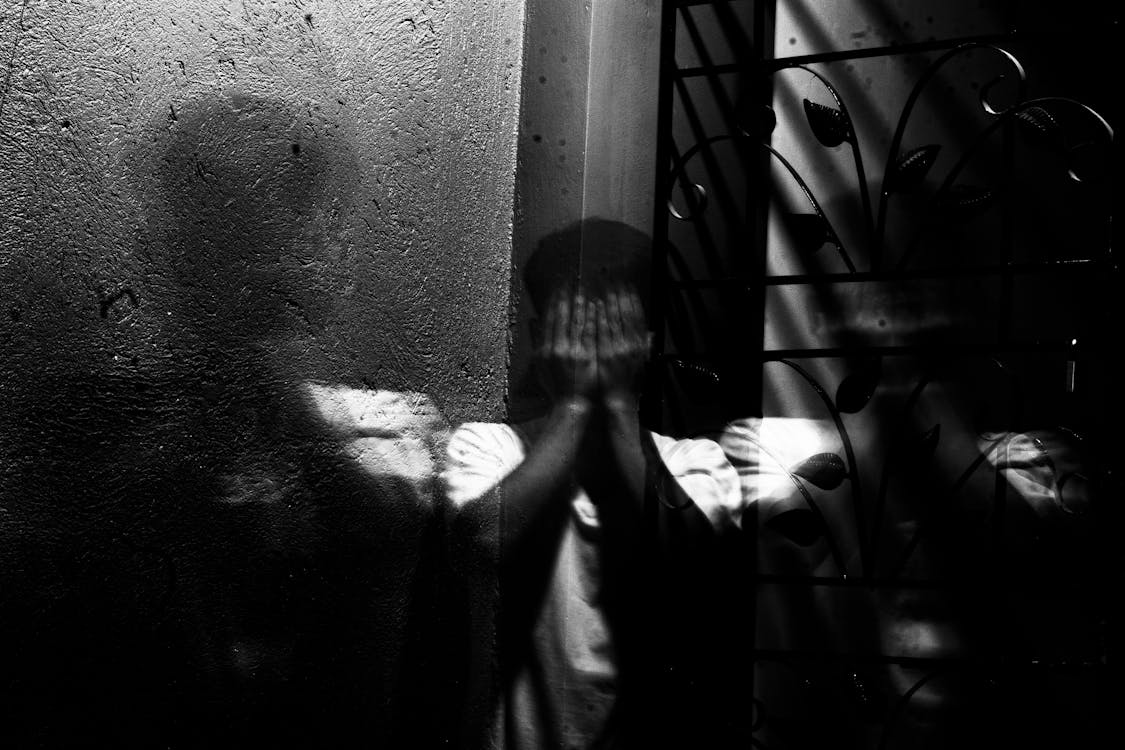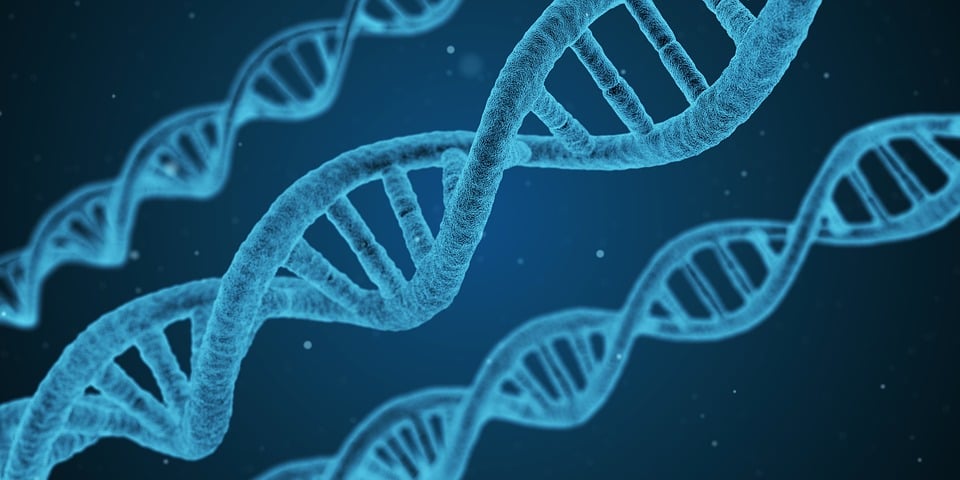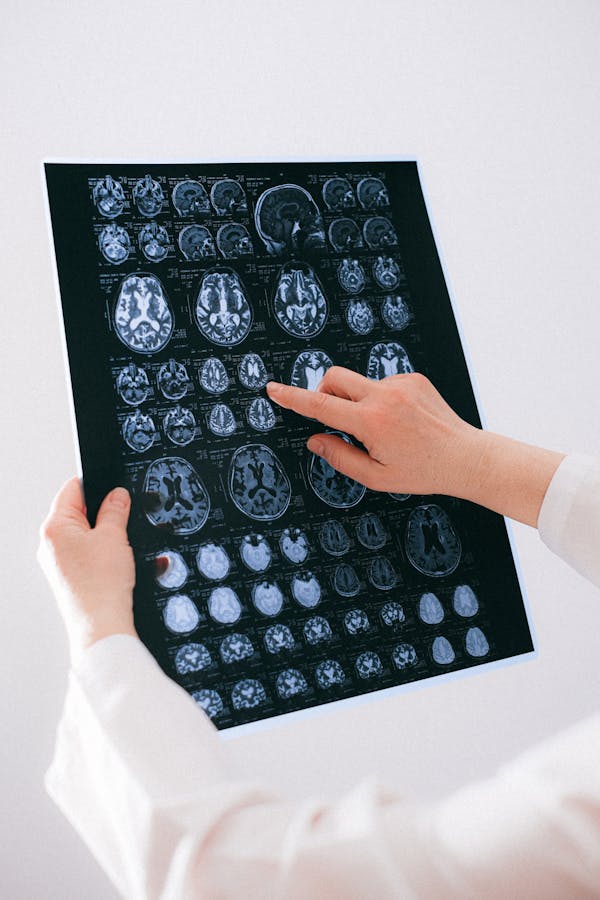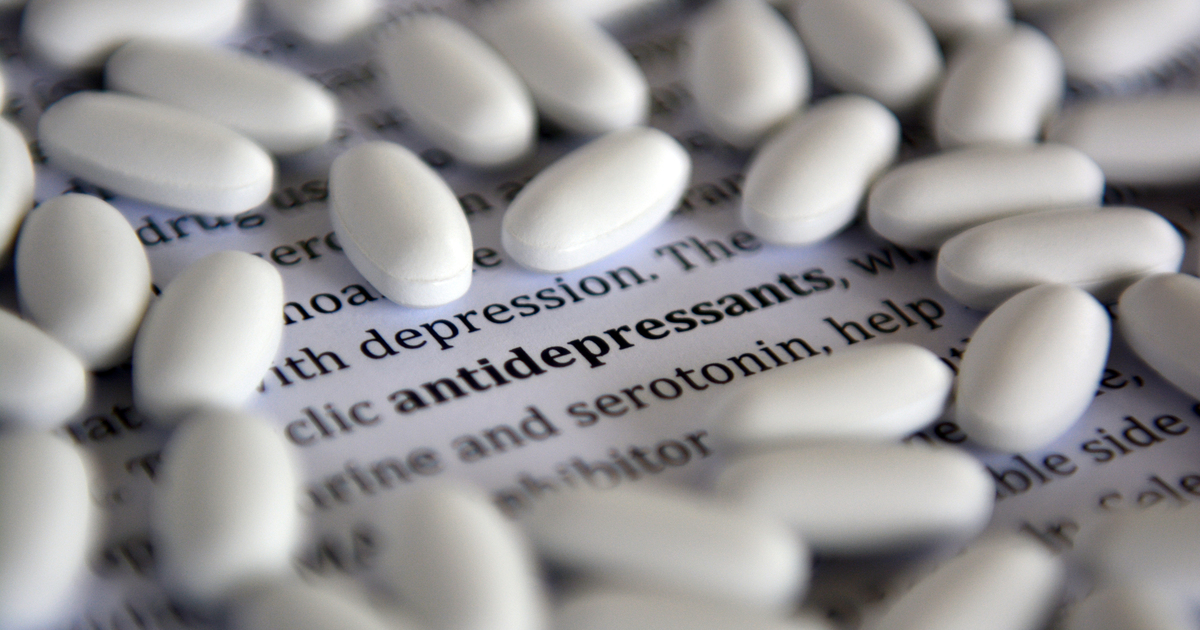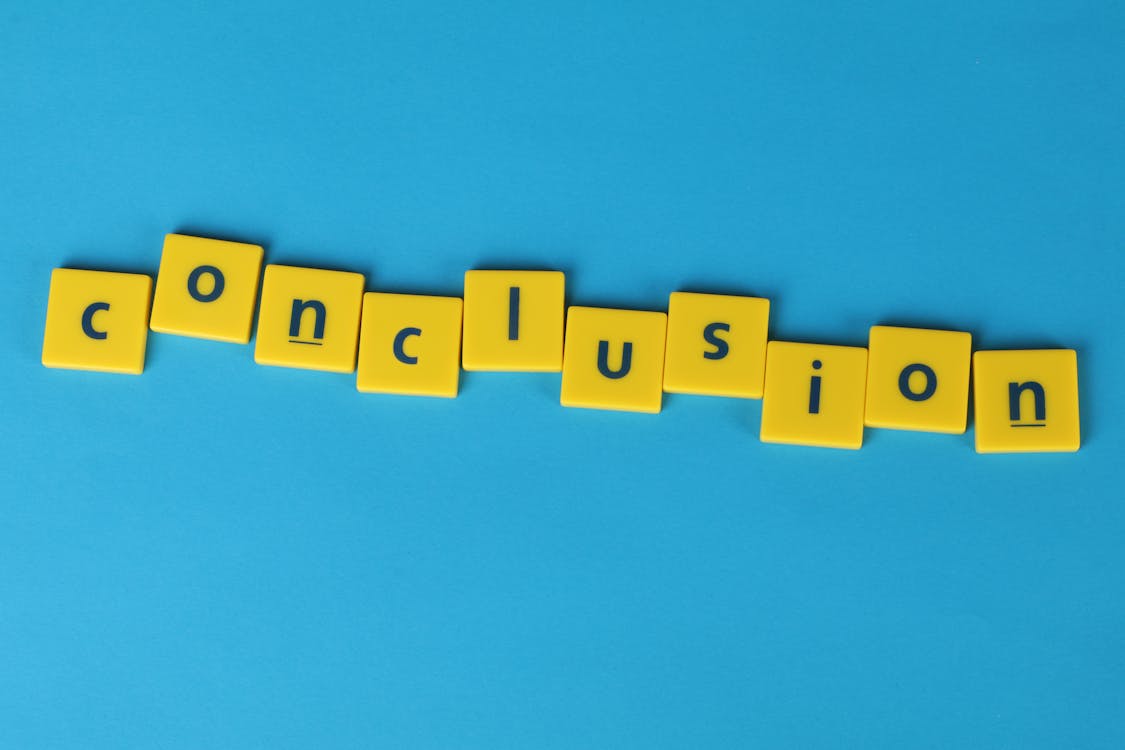Introduction:
Depression is a mental health disorder that affects millions of people worldwide. It is characterized by persistent feelings of sadness, hopelessness, and loss of interest in activities that were once enjoyable. Depression can interfere with daily activities, work, and relationships, and if left untreated, can lead to serious health complications. In this article, we will explore the causes, effects, and treatment options for depression.
HEART ATTACK PREVENTION TIPS & EXERCISE
Causes of Depression:
The causes of depression are complex and can be influenced by a combination of genetic, environmental, and psychological factors. Some of the most common causes of depression include:
Genetics: A family history of depression can increase the risk of developing the condition.
Brain chemistry: Imbalances in brain chemicals, such as serotonin and norepinephrine, can contribute to the development of depression.
Trauma: Traumatic events, such as the loss of a loved one or a major life change, can trigger depression.Chronic stress: Long-term stress and anxiety can lead to the development of depression.
Medical conditions: Certain medical conditions, such as thyroid disorders, chronic pain, and cancer, can contribute to depression.
Effects of Depression:
Depression can have a significant impact on both physical and mental health. Some of the health problems associated with depression include:
Decreased energy levels: Depression can lead to a lack of energy, making it difficult to carry out daily activities.
Sleep disturbances: Depression can disrupt sleep patterns, leading to insomnia or excessive sleeping.
Changes in appetite: Depression can lead to changes in appetite, resulting in weight gain or weight loss.
Chronic pain: Depression can increase the risk of chronic pain, such as headaches or back pain.
Suicidal thoughts: Severe depression can lead to suicidal thoughts or behavior.
Treatment Options for Depression:
The most effective way to treat depression is through a combination of medication and therapy. Some of the most effective treatment options for depression include:
Antidepressant medication: Antidepressant medication, such as selective serotonin reuptake inhibitors (SSRIs), can help regulate brain chemicals and improve symptoms of depression.
Psychotherapy: Psychotherapy, such as cognitive-behavioral therapy (CBT), can help identify and change negative thought patterns and behaviors that contribute to depression.
Electroconvulsive therapy (ECT): ECT may be recommended for severe cases of depression that do not respond to other treatments.
Transcranial magnetic stimulation (TMS): TMS is a non-invasive treatment that uses magnetic fields to stimulate nerve cells in the brain to improve depression symptoms.
Lifestyle changes: Engaging in regular exercise, maintaining a healthy diet, and getting enough sleep can help improve symptoms of depression.
Conclusion:
Depression is a mental health disorder that can have a significant impact on both physical and mental health. While there is no one-size-fits-all solution for treating depression, a combination of medication and therapy can be effective. If you are struggling with depression, it is important to speak with a healthcare provider to receive an accurate diagnosis and appropriate treatment. By taking antidepressant medication, undergoing psychotherapy, receiving ECT or TMS, and making lifestyle changes, you can improve your overall health and reduce the risk of developing health problems associated with depression.

